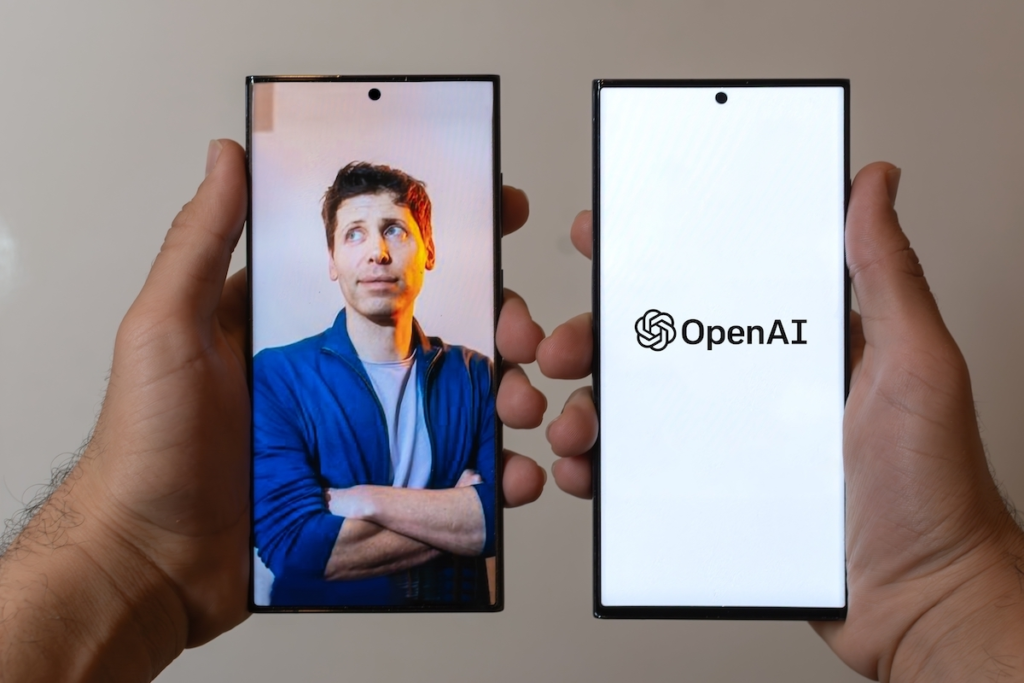In a recent podcast appearance on This Past Weekend with Theo Von, Sam Altman, CEO of OpenAI, dropped a bombshell that’s reverberating across boardrooms and IT departments: Conversations with ChatGPT lack the legal protections afforded to discussions with doctors, lawyers or therapists.
This revelation underscores a critical gap in privacy law and raises urgent questions about how organizations can responsibly integrate AI while safeguarding user data. For CIOs and C-suite leaders, Altman’s warning serves as a wake-up call to strike a balance between innovation and robust privacy, compliance and governance frameworks. Here’s what business leaders need to focus on to stay compliant and ahead of the curve in this rapidly evolving AI landscape.
The privacy gap in AI conversations
Altman highlighted that users, particularly younger demographics, are increasingly turning to ChatGPT for sensitive advice, treating it as a substitute for a therapist or life coach. However, unlike professional consultations protected by legal privileges, these AI interactions are not confidential. In legal proceedings, OpenAI could be compelled to disclose user conversations, exposing deeply personal information. This issue is compounded by OpenAI’s data retention policies, which allow chats to be stored for up to 30 days (or longer for legal and security reasons), posing risks to user privacy in cases like the ongoing lawsuit with The New York Times.






